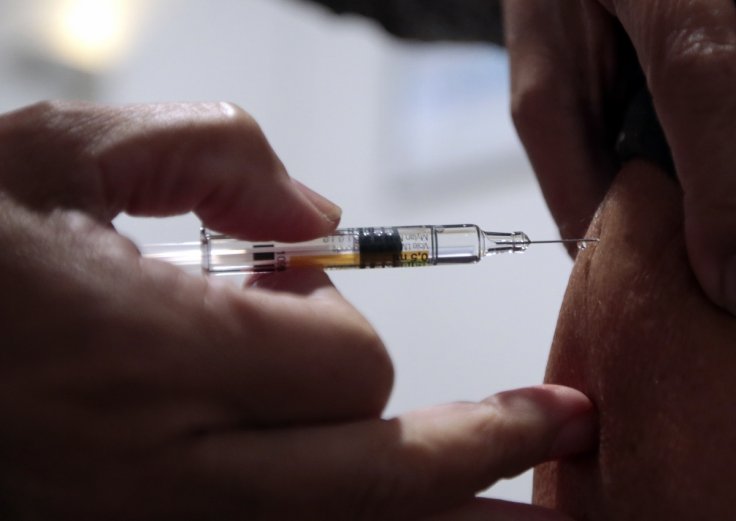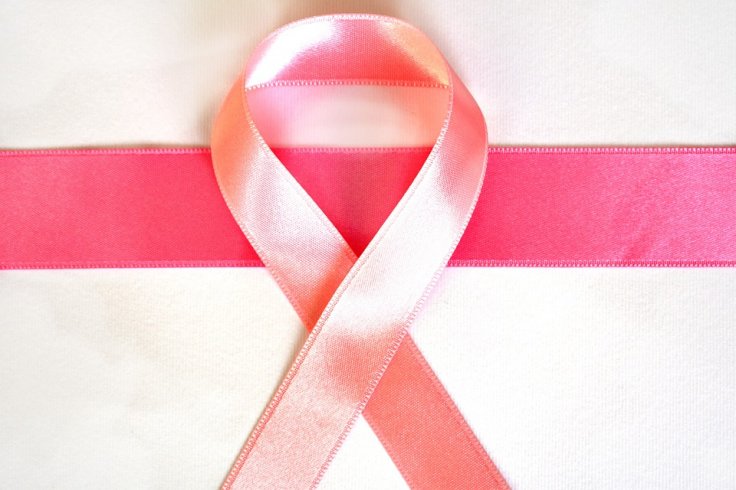Breast cancer is one of the most common types of cancer. it is estimated that around 300,000 women in the US will be diagnosed with the disease in 2020 alone. But now the Cleveland Clinic is aiming to wipe out breast cancer with the help of a vaccine.
Ten years in the making, this vaccine was invented and developed by Cleveland Clinic immunologist Dr. Vincent Tuohy. "We know enough about the immune system now to try these things. We have the ability, but we're at a snail pace. We need to be on warp speed pace," said Tuohy.

Cleveland Clinic is now partnering with a California-based biotech company Anixa Biosciences. The company is developing therapies and vaccines that are focused on critical unmet needs in oncology and infectious disease. With the clearance from the Food and Drug Administration (FDA), the human clinical trials for the vaccine are expected to begin by Spring 2021.
How Does It Work?
In the mammary glands of women, during lactation and the latter part of gestation, a protein develops. It is often the precursor to cancer. The focus of this vaccine development process is to immunize the protein to prevent breast cancer. Dr. Amit Kumar, President & CEO of Anixa said that it is not completely clear why the protein starts being made again, and "we simply have to teach the immune system to destroy the cells making that protein"—because those are cancer cells.
According to the results of pre-clinical trials on animals, 100 percent of mice that were not vaccinated and received the placebo, developed breast cancer and died. The initial focus of Dr. Tuohy's vaccine is triple-negative breast cancer or TNBC that accounts for about 10-15 percent of all breast cancers. In terms of TNBC, about 91 percent of all women with this cancer are still alive five years after diagnosis, but if cancer spreads to the lymph nodes near the breast, the five-year relative survival rate is about 65 percent. If spread to distant places, the survival rate drops to just 11 percent.

The vaccine that is under development is now expected to eventually prevent other forms of cancer, including ovarian cancers. If the diagnosis is made in stage 1 of Ovarian cancer, the five-year relative survival rate is about 92 percent.
According to the inventor of the vaccine Tuohy, "So, we envision a 21st-century vaccine program here at the Cleveland Clinic that prevents diseases that we confront with age that we think are completely preventable."
He also said that they believe that breast cancer, ovarian cancer, and also prostate cancer are preventable. "That's why we want to bring our vaccine program up to the 21st century," he added.









